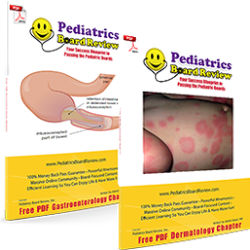A Failed Pediatric Boards Step-By-Step Solution
Why Do So Many Pediatricians Fail the Boards? If you’ve had a failed pediatric boards experience, it can feel like a personal failure. You can feel shame, anger, resentment, and even feel like you aren’t worthy of being a pediatrician. You aren’t alone. In most cases, though, it has less to do with your intelligence […]
Click Here And Continue Reading...





